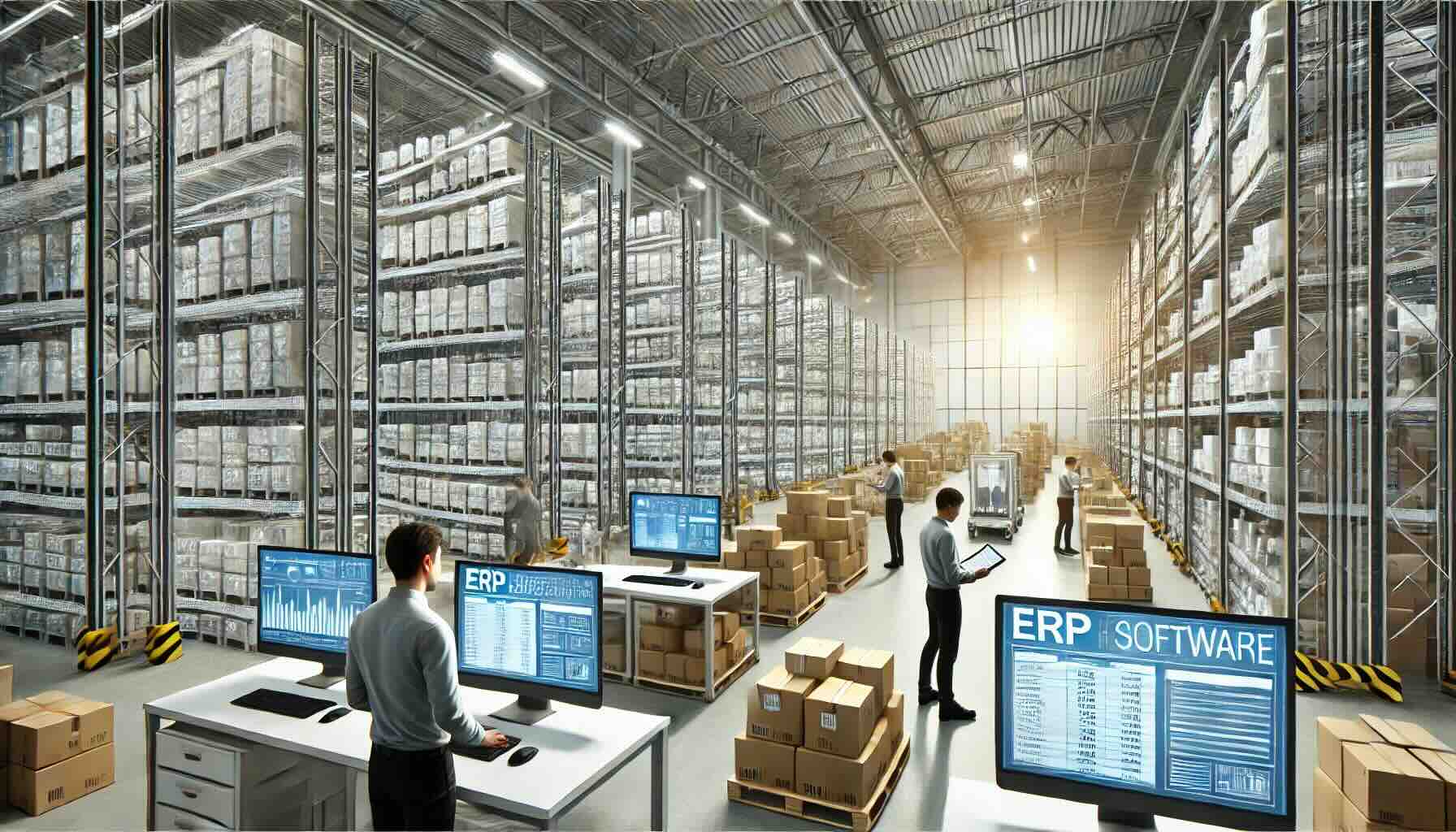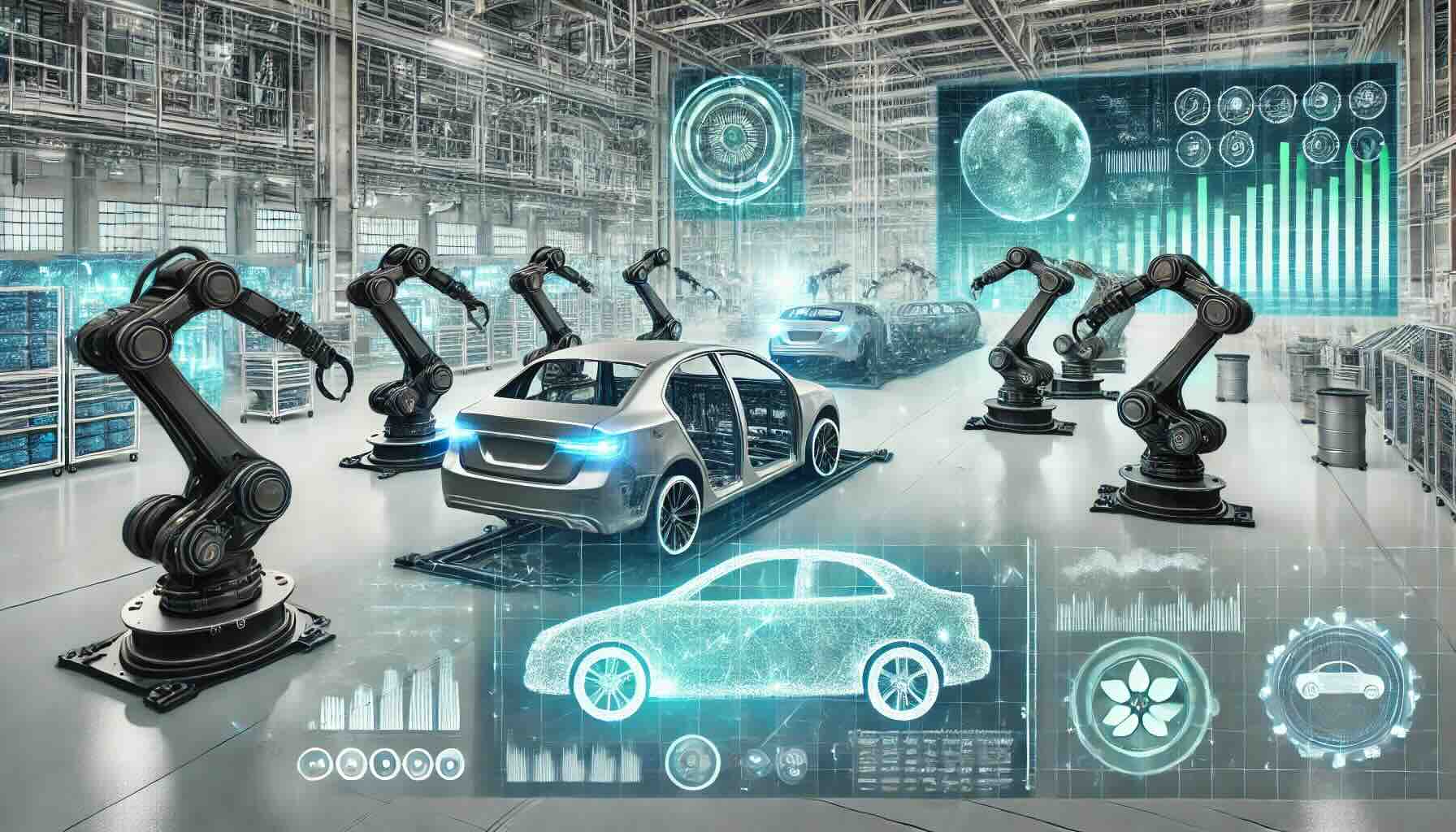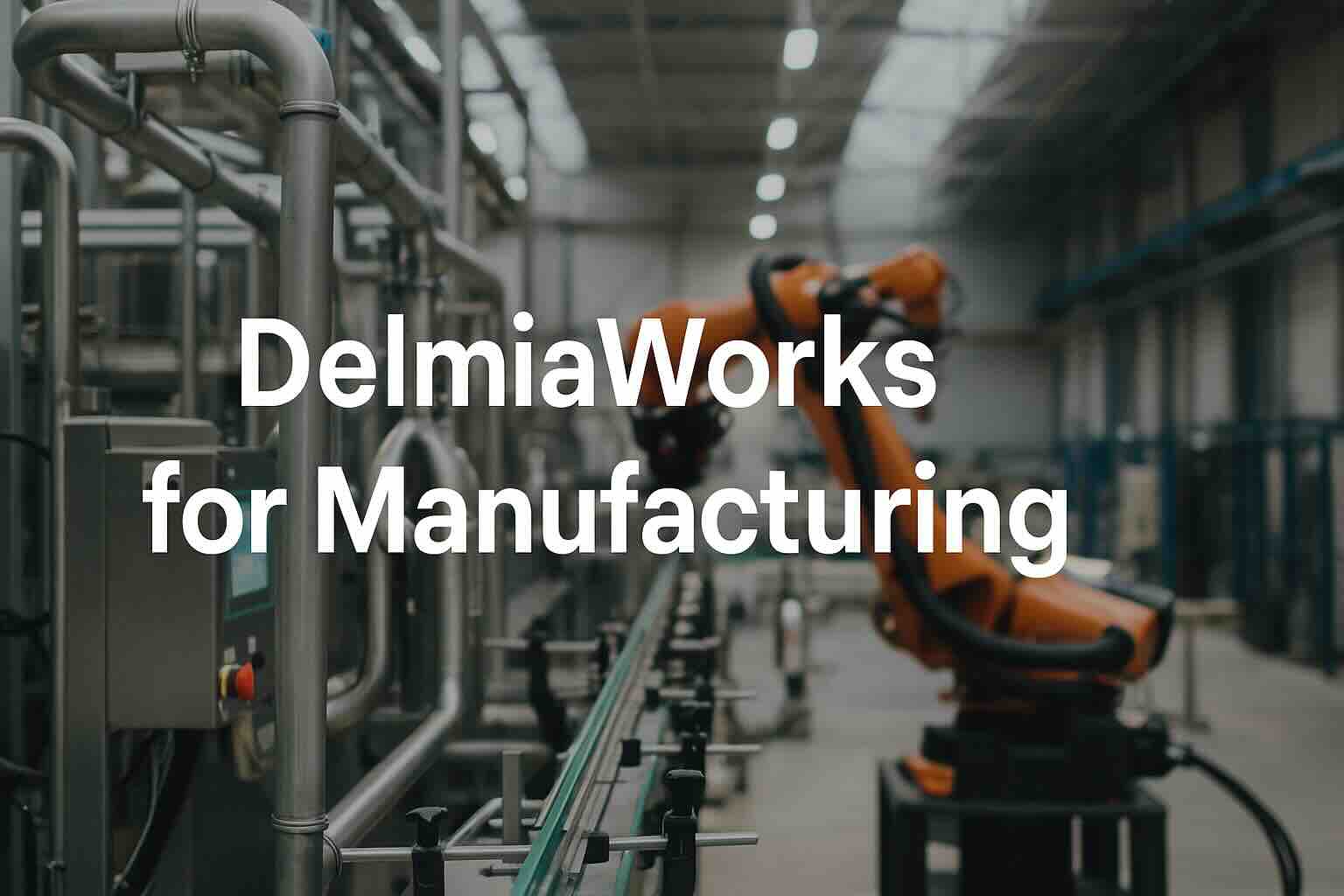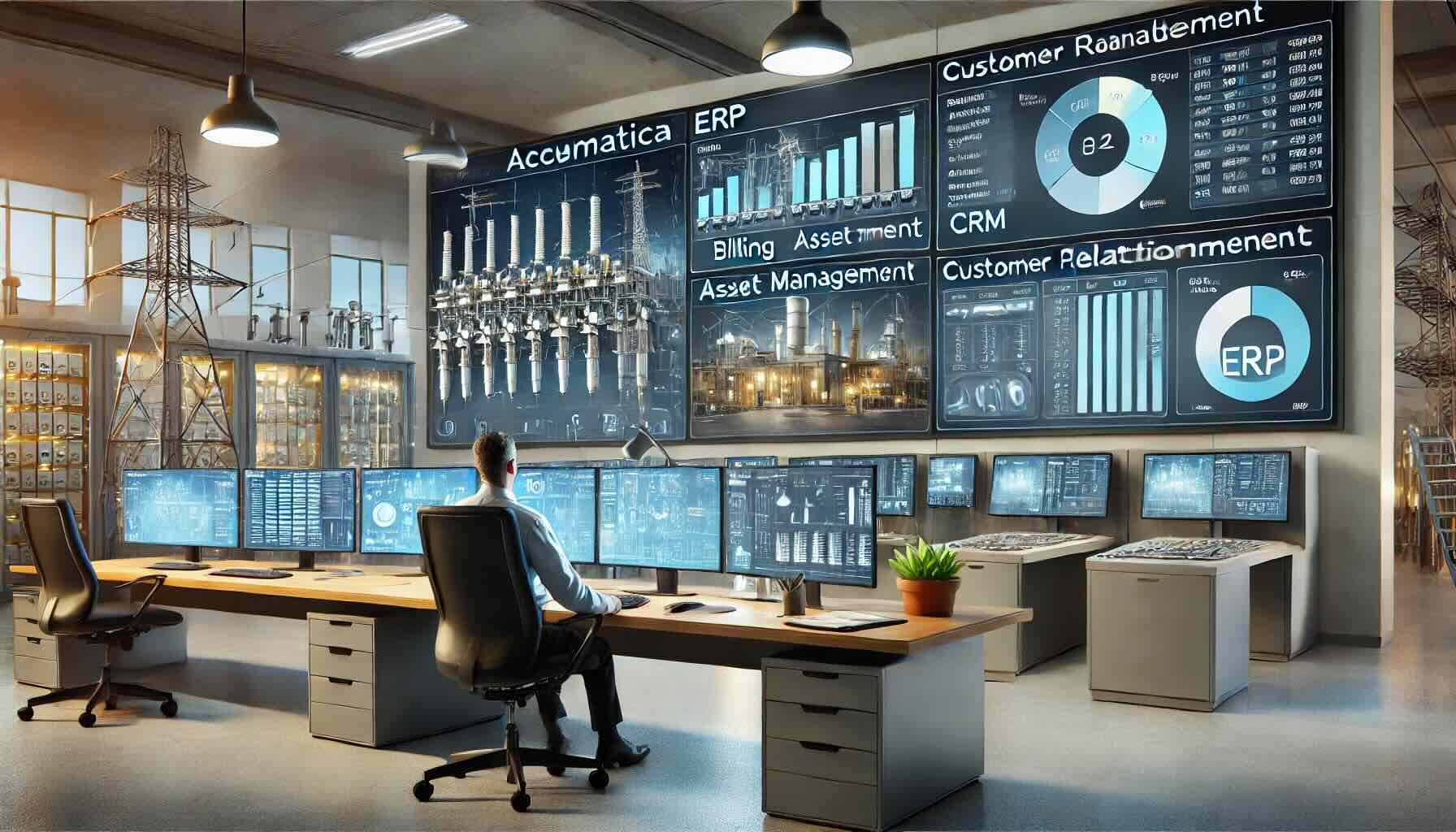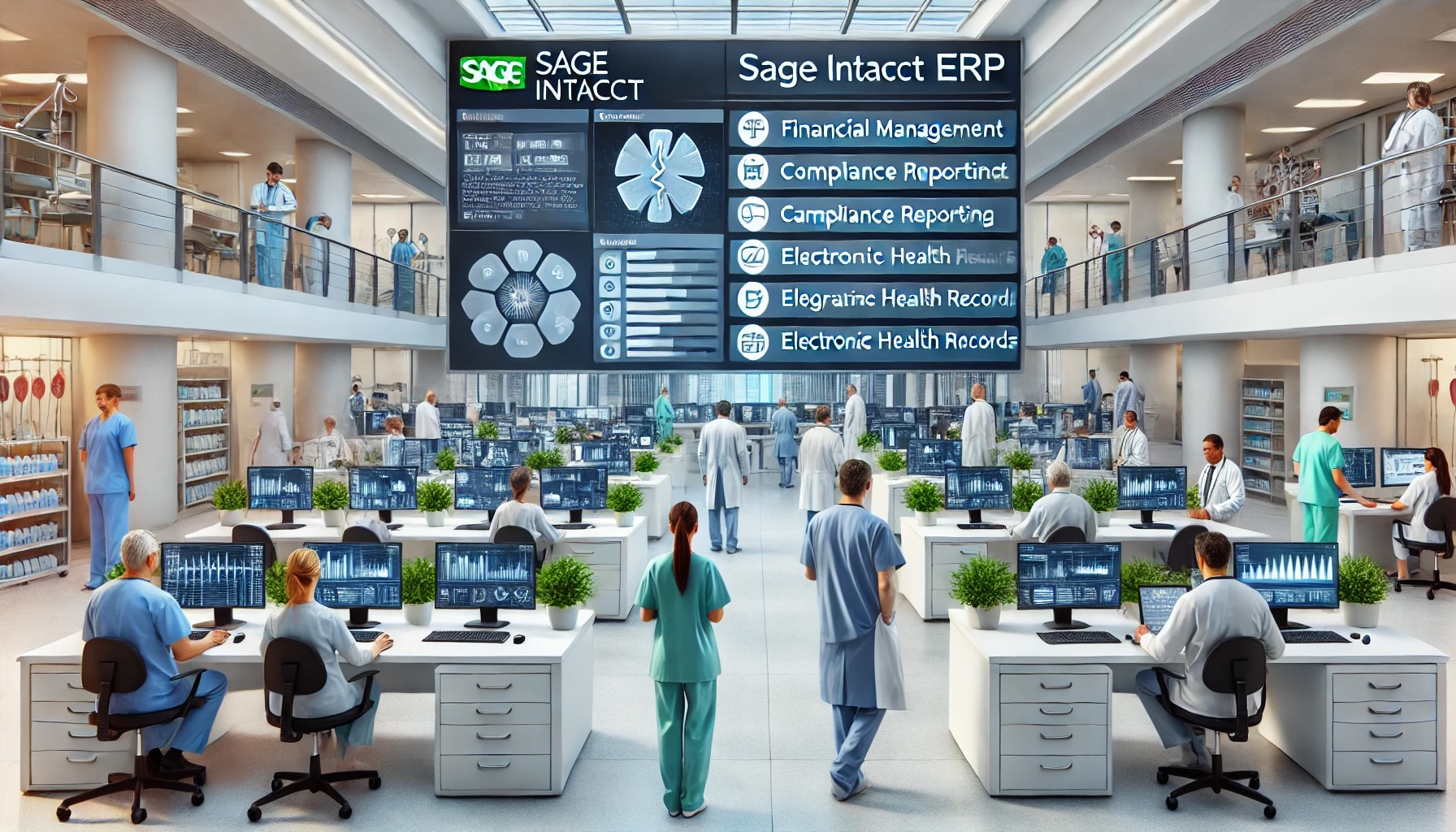Is IFS ERP for Aerospace and Defense a Good Choice?

Assessing IFS ERP for Aerospace and Defense: An In-Depth Look
The choice of Enterprise Resource Planning (ERP) system can mean the difference between success and failure in the highly competitive aerospace and defence sectors where timeliness and accuracy are crucial factors. IFS Cloud ERP has won significant market share by providing targeted capabilities and high fidelity to use cases in this sector. This deep-dive analysis looks beyond the buzzwords to explore the anatomy of IFS ERP for Aerospace and Defense in terms of its strengths and weaknesses, and to assess its fitness-for-purpose in aerospace and defence operations.
Deep Dive into the Strengths of IFS ERP for Aerospace and Defense
Superior Project Management Capabilities:
- Precision and control: When projects can take years to complete and frequently run into hundreds of millions of dollars, process is paramount. The tools in IFS ERP that are applied to project management are second to none and very much needed in defence contracts and aerospace manufacturing.
- Real-time Tracking: The system allows for real-time tracking of progress with regard to project milestones, such that managers can take more in-flight decisions with better clarity on the ground.
Robust Supply Chain Management:
- Global Network Management: Aerospace and defence businesses are frequently spread across multiple continents and contain a wide web of different suppliers and partners. IFS ERP is a leader in managing these networks to ensure logistics and on-time delivery of products.
- Compliance and quality assurance: compliance is an essential driver in these sectors and IFS ERP’s supply chain management tools ensure all assets and activities are in compliance with the prioritised rules, regulations and standards appropriate to the industry.
Comprehensive Asset Management:
- Lifecycle Management: The asset management suite of IFS ERP is particularly relevant for asset-intensive industries as a complete lifecycle approach from acquisition to retirement is covered, along with several different asset types.
- Maintenance, Repair and Overhaul (MRO): IFS supplies robust MRO capability, which is important to maintain equipment health and operational readiness.
Customization and Flexibility:
- Customisation: Offering a high level of customisation for each organisation, IFS ERP moulds to the specific needs and challenges of a company’s operational landscape.
Advanced Technology Integration:
- Emerging Technologies: I can’t tell you how important it is for us to keep up with emerging technologies such as AI and IoT – IFS ERP has always been real quick to adopt these things. For a company dealing in highly advanced technology such as aerospace and defence, this makes all the difference.
Navigating the Weaknesses of IFS ERP for Aerospace and Defense
Complex Implementation and Steep Learning Curve:
- Time-Intensive Deployment: One of the positive aspects of IFS ERP is that it is very complete and customisable. But this can make the implementation process time-consuming and complex, which may be hard for an organisation looking for quick deployment.
- Training needs: Given its complexity and rich functionality, IFS ERP requires comprehensive user training that can be a huge investment of time and resources.
Customization and Integration Challenges:
- Highly Resources-Intensive Customisable: Though fully customisable, the time and skill required to achieve the right degree of tailoring might end up being costly and time-consuming.
- Legacy System Integration: Necessity of integrating IFS ERP with existing legacy systems – a common scenario in these industries – renders the endeavour complex and expensive.
User Interface and Usability Issues:
- Plain interface complexity: Some users and observers report that IFS’s ERP, while rich in functionality, isn’t as intuitive as some of its competitors. This can have implications for efficiency, particularly in the first (critical) months.
Cost Considerations:
- Initial Investment: IFS ERP is a powerful and flexible enterprise management system, but it comes with a price tag. The cost to implement and train the system is high.
- Maintenance: Ongoing maintenance and updating costs are another financial burden that many organizations do not want to undertake.
Conclusion
In conclusion, if we count the benefits and challenges of this ERP system together, IFS ERP is still one of the leading It provides more advanced functionality in the area of project management, supply chain management, equipment management, as well as technology friendly. However, it still requires deep knowledge and a longer implementation period within the organization. Besides, It will take a lot of effort from management, resources and funds for the installation. If the company is willing to adopt IFS ERP, the management should do a detailed analysis between all the competitor’s ERP and the strengths and weaknesses of their own organization.
Despite this software will not be the perfect fit for them in the present day, planning and preparation are necessary to ensure that everything can be arranged beforehand for future use. However, this will only be accomplished if all the company’s leaders put in the effort and devote their time to the success of the project.
Click this link to find out more about IFS for aerospace and defense.
To compare IFS Cloud with 100s of other ERP solutions, you can use our new AI-powered Compare ERP tool. It’s free to use and you get a guaranteed discount on your first year’s licence fees with a referral from Compare ERP.

